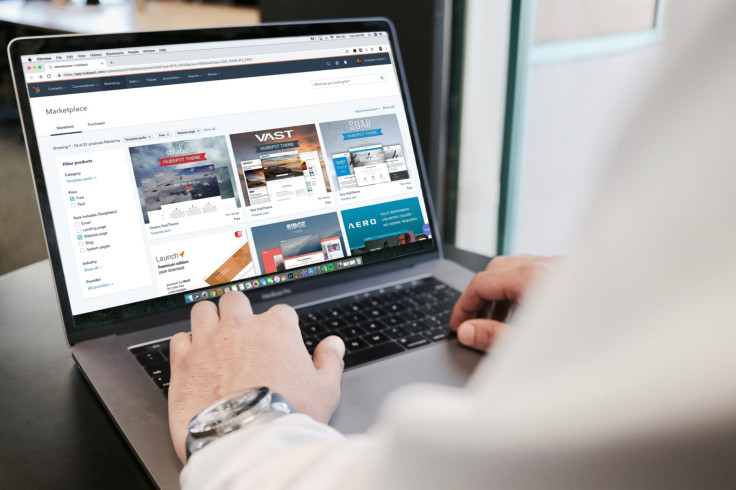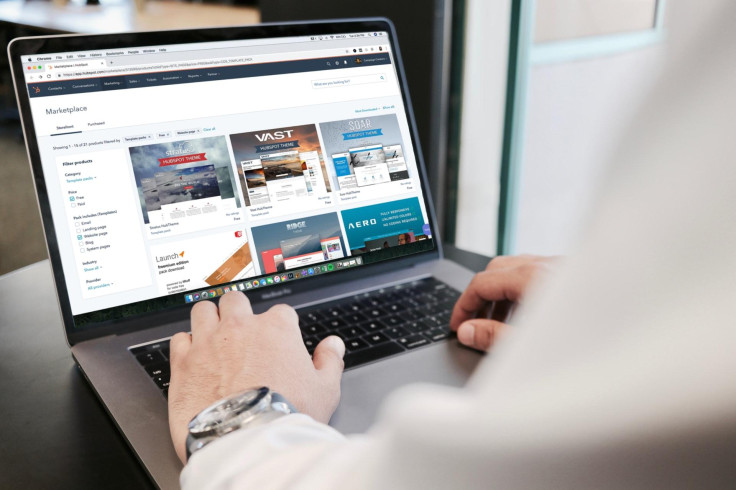Buy Now, Pay Later Programs Bring Big Risks To Borrowers

Many have found a rise in new “Buy Now, Pay Later” options on virtually every e-commerce site to be convenient and useful following a rise in prices due to inflation and a supply chain that is still choked by the COVID-19 Pandemic. However, a Harvard economist is warning that while those options may be tempting, they could also be dangerous for consumers in the long run.
While during the start of the pandemic, the option allowed those who were stuck at home the ability to still make big purchases despite physical stores being closed and being able to spread out those payments over time, consumers are now also using the option when purchasing more everyday items from Target, Walmart and Amazon, which is what makes the situation more problematic now.
“Three years ago, people talked about Peloton bikes, now people are buying sneakers, jeans, socks,” Marshall Lux, a fellow at the Mossavar-Rahmani Center for Business and Government at the Harvard Kennedy School told CNBC.
The issue is mainly that the growth of such programs—offered by Afterpay, Affirm and Klarna—is also being driven by younger consumers, which makes them more vulnerable if they rack up several charges using the programs and then suffer from some kind of economic downturn.
“These are people that can’t afford to be hurt,” Lux added.
One problem is that according to a survey from LendingTree, 70% of users now also admit to spending more than they would if they had to pay for everything upfront, and 42% who’ve taken out one of these loans have also made a late payment on one of these loans. This makes them more susceptible to late fees, deferred interest or other penalties, which could also cause dings on a credit report if a credit check was ever performed---consequences that could have a major impact on future lending and purchases.
“They won’t come for your sneakers, the fact you can buy something and now know what happens when you default—for the average person working paycheck to paycheck, this becomes a problem,” Lux said. “It feels a little Wild West-y to me.”

Photo: Photo by Campaign Creators on Unsplash




















